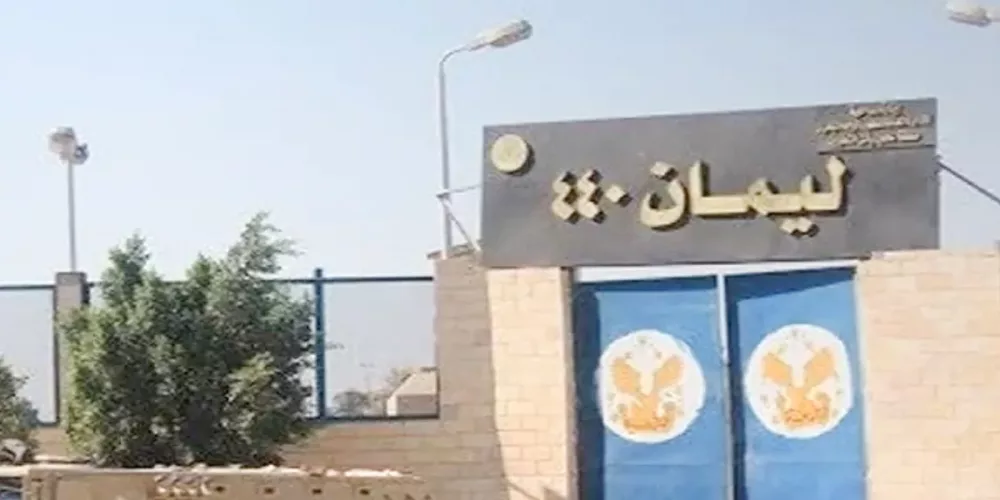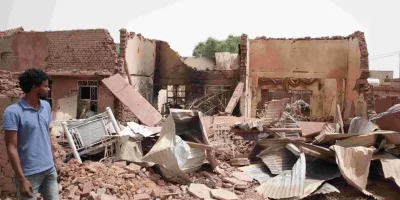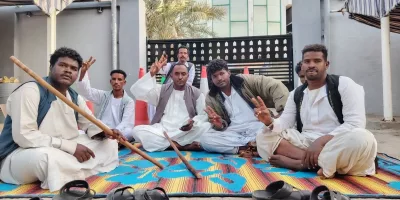The “Committee for Justice” (CFJ) has documented calls for a general strike among political detainees in Wadi al-Natrun Prison 440 in Beheira Governorate, in protest against the ongoing systematic violations against them.
According to the committee, political detainees in Ward 6 (Rehabilitation 9) have refused to receive their official food rations (“al-ta’yeen al-meery”) for the past three days. They described this as a first step that could escalate into a full hunger strike and refusal to attend court sessions if the violations continue.
This development follows incidents in which several political detainees were subjected to severe beatings and psychological torture by the National Security officer responsible for the prison, known by the alias “Mohamed Al-Lahouni,” with the involvement of Investigations Officer Mohamed Abdel Muttalib. The officers assaulted several detainees using batons and sticks, tortured them, handcuffed their hands behind their backs, and placed some in disciplinary cells—for simply demanding their rights.
According to testimonies from lawyers who were able to visit the detainees, they were also reportedly denied basic medical care and arbitrarily restricted from family visits.
The CFJ condemns these grave violations, affirming its full solidarity with political detainees in Wadi al-Natrun Prison 440 in Beheira Governorate, as well as all detainees in Egyptian prisons. The committee calls on the Egyptian authorities to fully comply with the international agreements they have ratified—most notably the International Covenant on Civil and Political Rights, which in Article 10 states that those deprived of liberty must be treated “with humanity and with respect for the inherent dignity of the human person.”
It also cited the Convention against Torture, which under Article 2 obliges states to prevent torture under any circumstances, as well as the United Nations Standard Minimum Rules for the Treatment of Prisoners (the Nelson Mandela Rules), which prohibit collective punishment and prolonged solitary confinement.
The CFJ further urged the international community and relevant UN mechanisms to pressure Egypt to immediately end these violations, launch an independent investigation, ensure detention conditions meet international standards, release all detainees held for political reasons or for their opinions, and allow international observers access to all prisons, including Wadi al-Natrun Prison 440.






